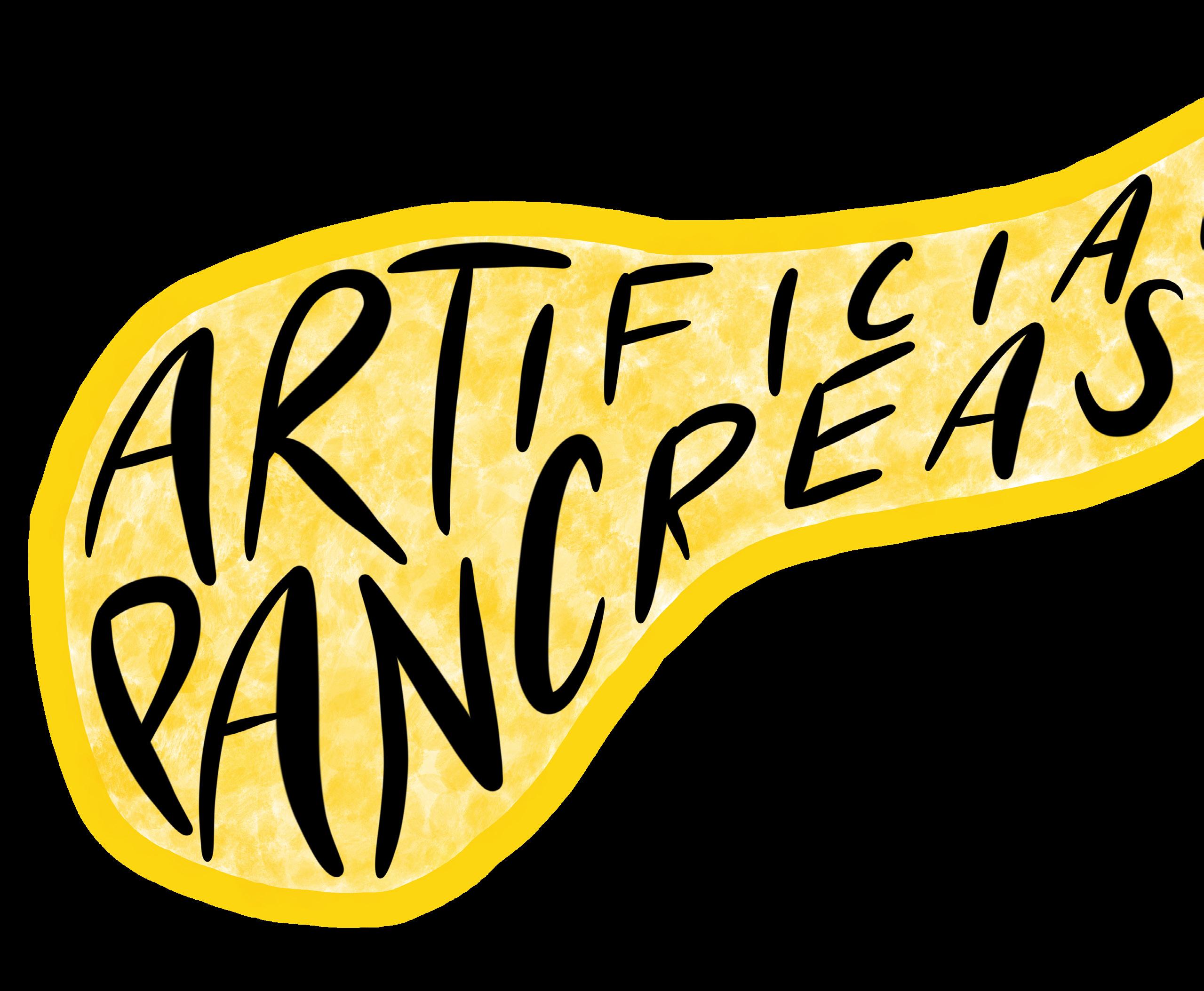
1 minute read
Artificial Pancreas
6 by Anam Ahmed
the problem
Advertisement
In Type 1 Diabetes (T1D), a patient’s own immune system destroys the insulin-producing beta cells in the pancreas. Insulin is an important hormone involved in regulating blood glucose levels.
The Diabetes Research Institute at the University of Miami is developing the DRI BioHub. Once implanted, the “artificial pancreas” should restore insulin production. the plan
Site
To reduce the autoimmune response, the killer T-cells are balanced with T-regulatory cells, which are deficient in T1D patients. This will ensure that the new supply of beta cells will not be killed.
Supply


Plasma from the patient’s blood and thrombin are used to create a scaffold. This 3D structure, implanted into the fatty tissue covering the intestines, will support cell growth.

Sustainability
New beta cells are grown from the patient’s own pancreatic cells that are not destroyed. These cells will produce insulin as a response to blood glucose.





